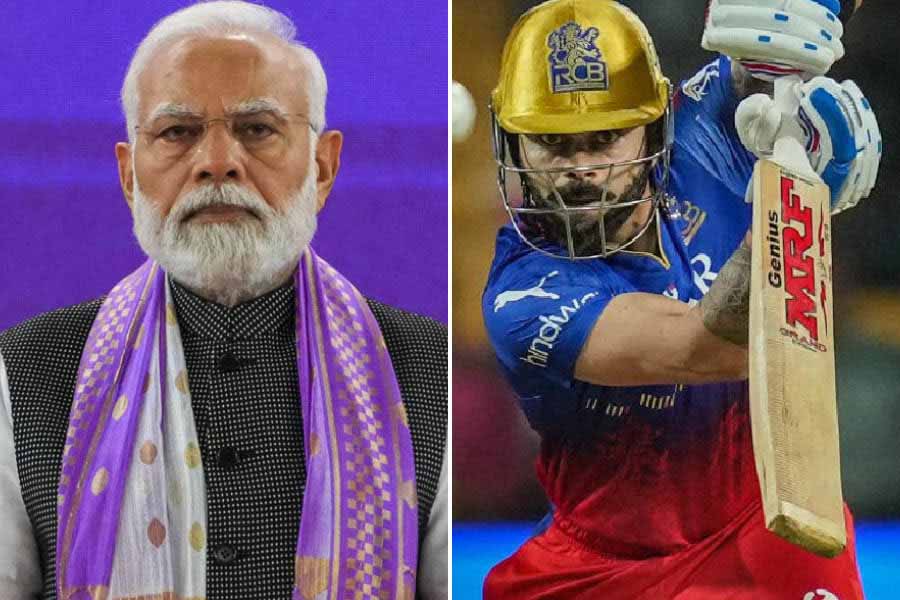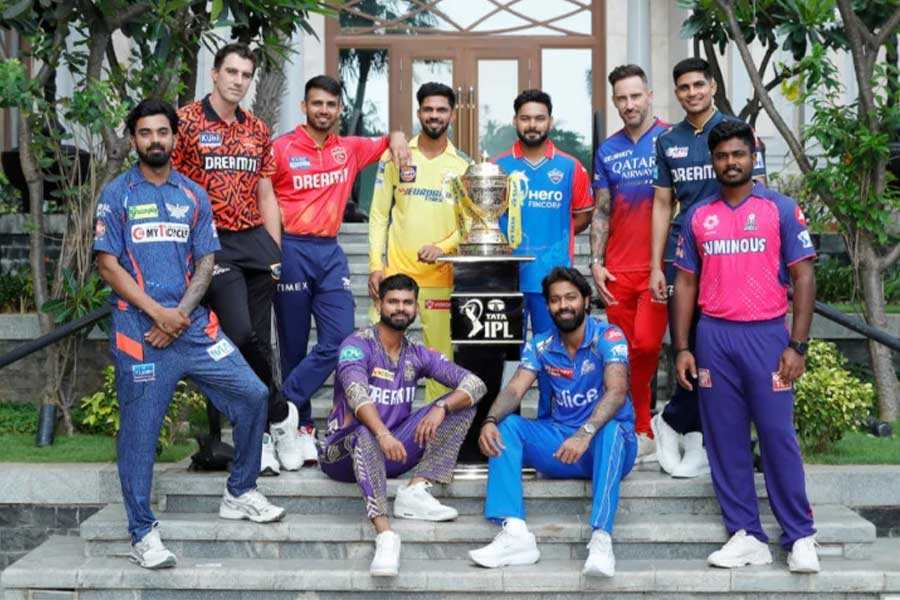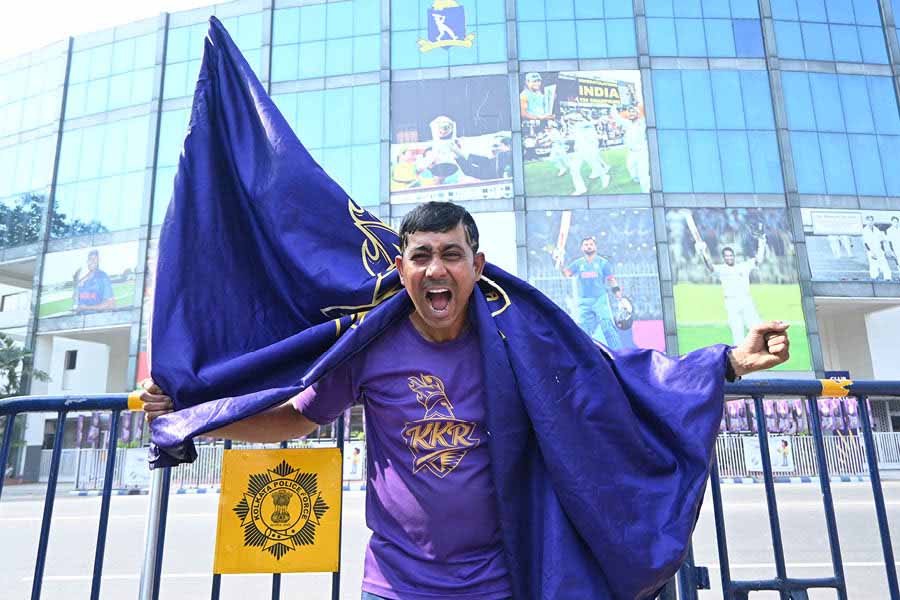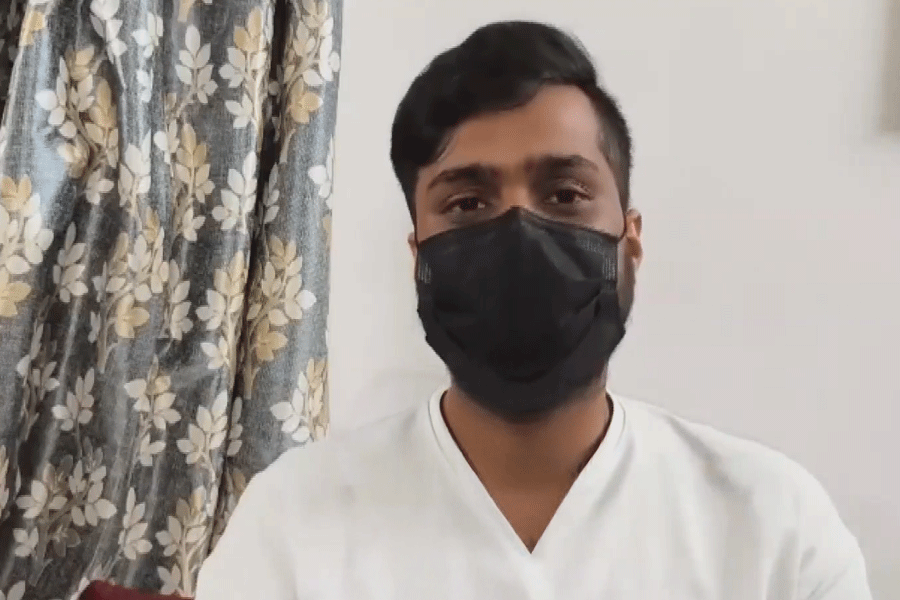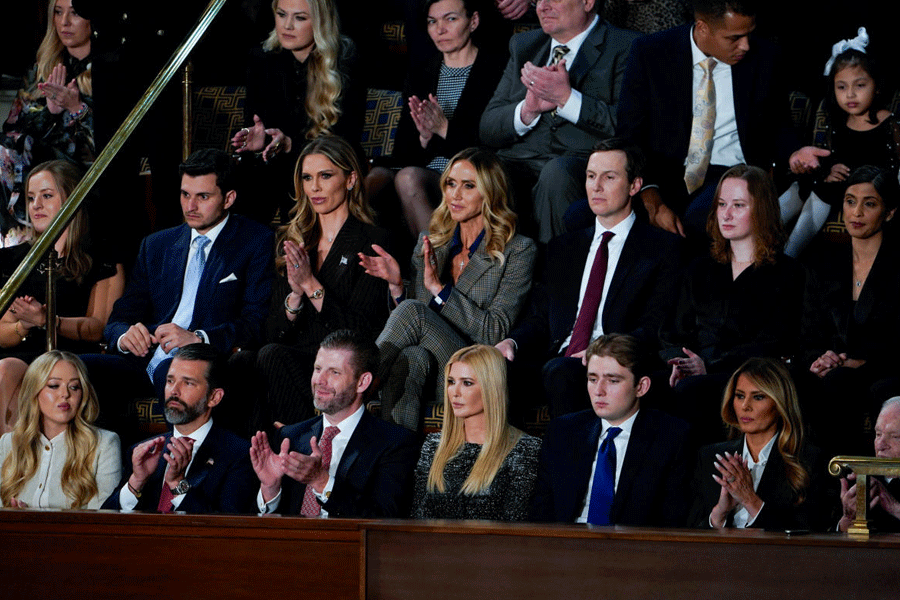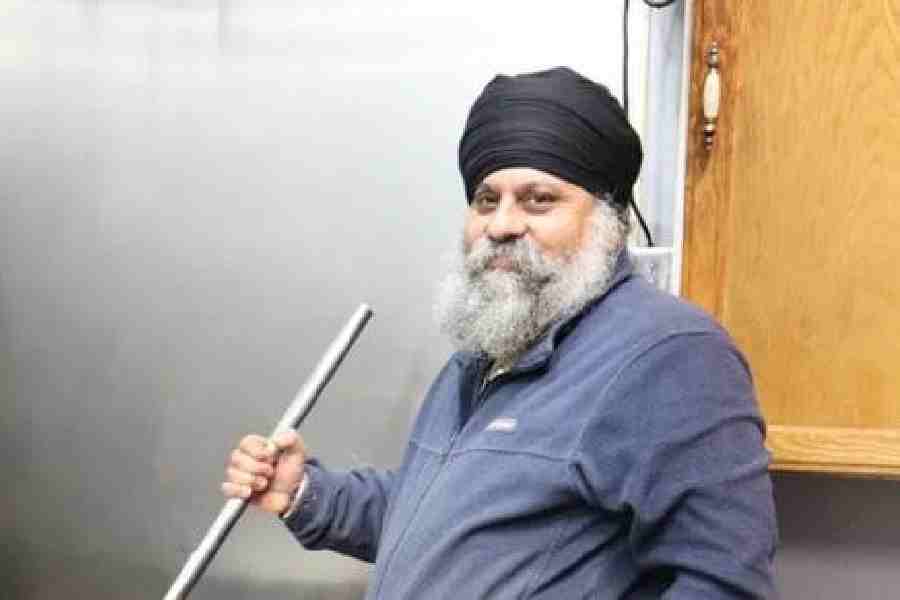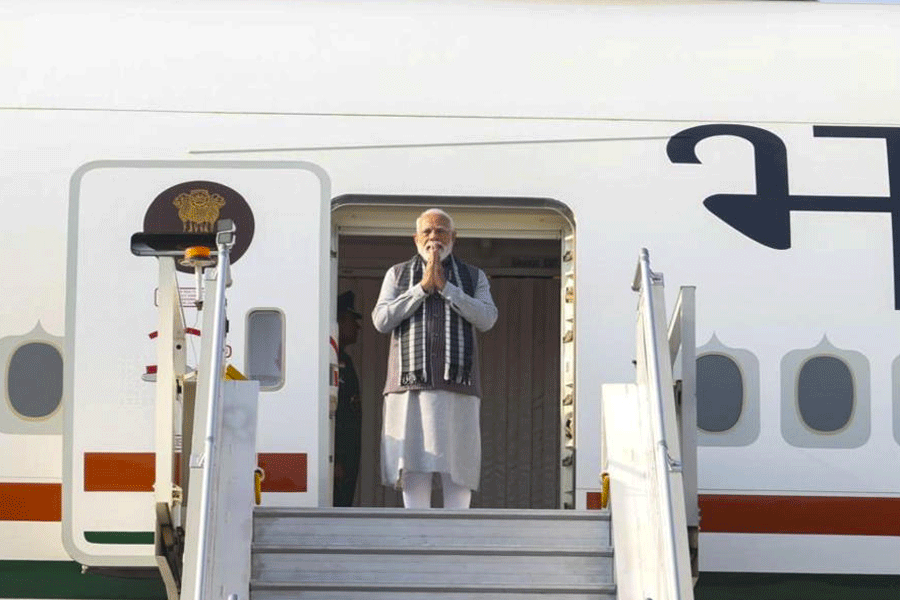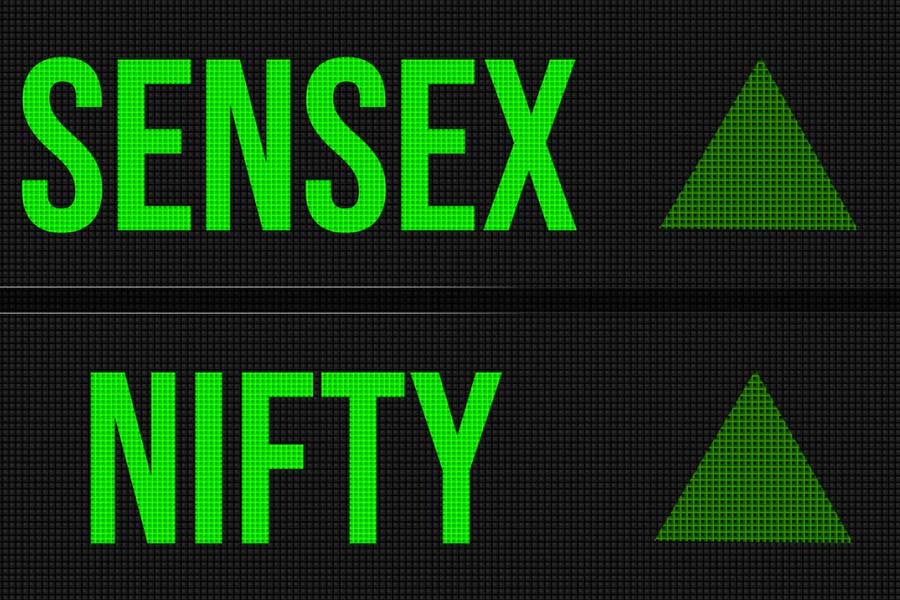The IPL is a festival in India. And so are the Lok Sabha elections. For both are examples of quintessential Indian phenomena where size, scale and shenanigans combine to create a sizzling showcase of all things Indian. From the relentless hype across households to the mind-boggling turnout at stadiums and polling booths, from the adulation for the most beloved cricketers and politicians to the opprobrium (including trolling) reserved for the non-performers, from the complex administrative machinery that makes both events tick to the sheer enthusiasm of the average Indian that evokes the spirit of a carnival, the IPL and the Lok Sabha elections have both come to represent the modern India, which commands the attention of the world.
The IPL is the biggest franchise tournament in cricket, while the Lok Sabha elections constitute the biggest exercise of universal adult franchise on the planet. Both find increasingly compelling ways to incorporate the most glamorous names in cinema, India’s third obsession alongside politics and cricket. But for all the similarities shared by the two most important events on the Indian calendar for 2024, which of the two is more uniquely Indian?
Be it IPL or the elections, nobody produces numbers quite like India
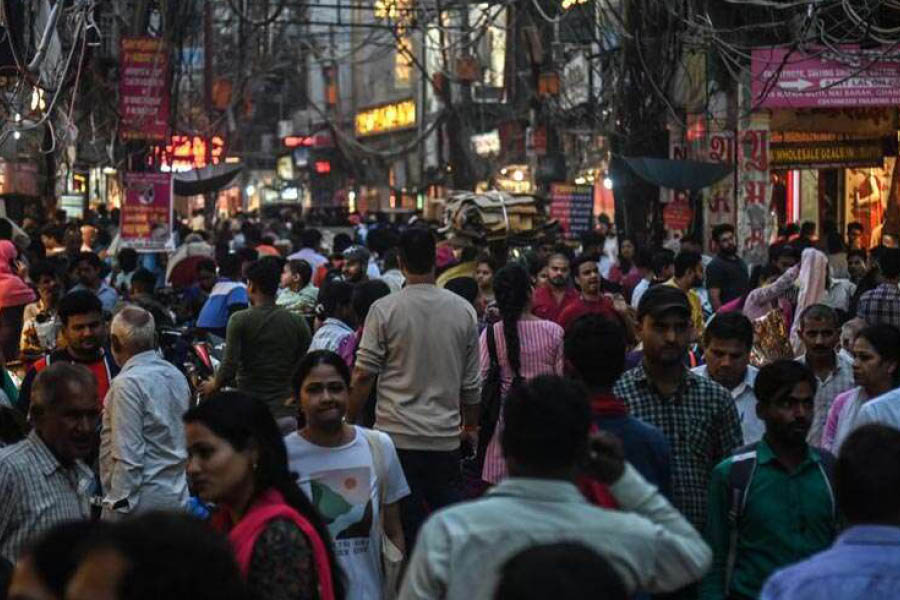
Both the Lok Sabha elections and the IPL involve the participation of hundreds of millions of Indians TT Archives
Out of India’s present population of 1.4 billion, more than 960 million people are eligible to vote in this year’s Lok Sabha elections. Close to 660 million have access to smartphones in India, which is the potential target audience for the IPL. In 2019, around 611 million people voted to elect an MP of their choice, setting the record for the highest voter turnout (67 per cent) in an Indian general election. On the opening day of this year’s IPL, more than 111 million viewers tuned in to JioCinema to watch the Chennai Super Kings (CSK) beat the Royal Challengers Bengaluru (RCB) — another record. The first 18 matches of the ongoing IPL have attracted over 400 million viewers on TV. In other words, be it IPL or the elections, nobody produces numbers quite like India.
The trend of staggering numbers continues when one looks at the duration of the events in question. At 44 days (April 19 to June 1), India will witness its second-longest general elections this year (after the inaugural one in 1951-52). For its part, the IPL will take up 66 days (March 22 to May 26) in 2024, longer than the last two FIFA men’s World Cups (in 2022 and 2018) put together. The 13 venues hosting IPL games this season are three more than were assigned for the ICC Men’s Cricket World Cup last year. The 12 lakh (approximately) polling booths spread across India are unprecedented in the history of elections anytime anywhere. Whereas 10 teams and 245 players are officially a part of the 17th instalment of the IPL, an estimated 63 recognised parties and 8,000 candidates are contesting as part of the 18th Lok Sabha polls.
Is the IPL more unpredictable than the Lok Sabha elections?
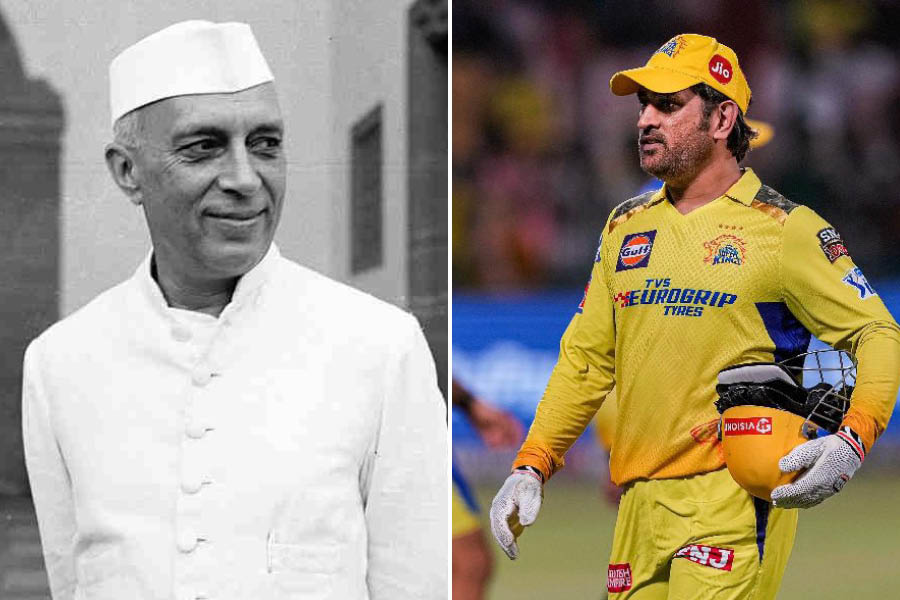
Jawaharlal Nehru was the first Indian Prime Minister to win consecutive Lok Sabha elections while Mahendra Singh Dhoni was the first captain to win consecutive IPLs TT Archives
In terms of numbers alone, the Lok Sabha elections are, understandably, much bigger than the IPL. Not least because they generally happen every five years, as opposed to the annual extravaganza of cricketainment. But what about another peculiarly Indian trait, unpredictability? In its 16 previous seasons, the IPL has produced seven different champions (counting the Deccan Chargers and the Sunrisers Hyderabad as separate outfits), with only two teams (CSK and the Mumbai Indians) winning back-to-back titles. In the 17 previous Lok Sabha elections, only four different parties have emerged as the single largest party in the country. The incumbent party has held on to power on nine different occasions, which means that, simply put, the IPL is a whole lot harder to predict than the Lok Sabha elections. One obvious reason is that while most IPL teams are closely matched in terms of talent and resources, political parties in India are characterised by large-scale disparities. One of the IPL’s USPs of “anyone can beat anyone on any given day” simply does not apply to elections in India, notwithstanding the handful of upsets that grab headlines every few years.
Are Virat Kohli and MS Dhoni more popular than Narendra Modi and Amit Shah?
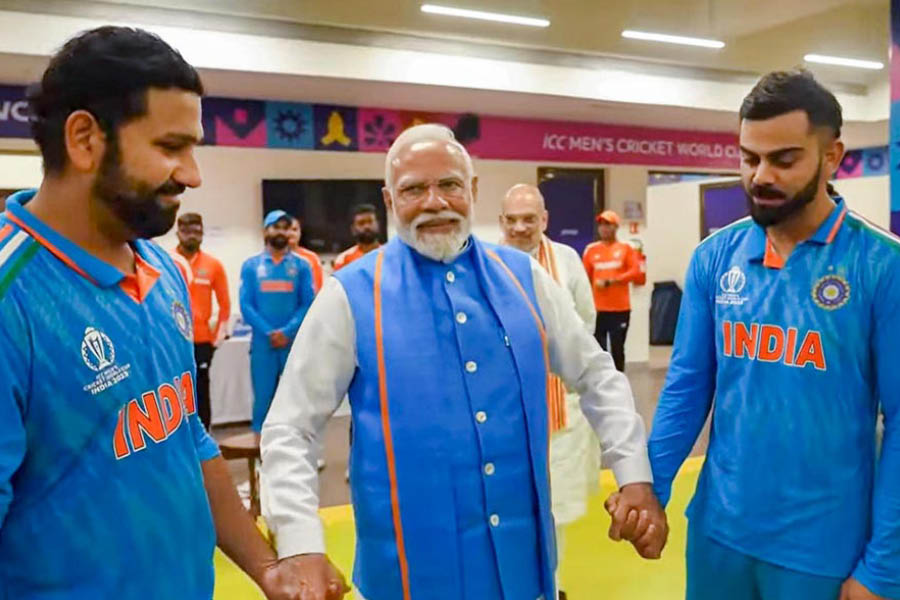
Kohli has more followers on social media than Modi and Rohit Sharma combined TT Archives
Onto the next parameter on the uniquely Indian index — starpower. Is Narendra Modi more popular than Virat Kohli? Do as many Indians recognise Rahul Gandhi as know Mahendra Singh Dhoni? How do Amit Shah and Rohit Sharma fare against each other? While there is no perfect metric to assess relative fame, a tempting option is to compare the following of the leading personalities on social media. Looking at figures on Instagram and X (previously Twitter), the average following of the five most popular active IPL cricketers (Virat Kohli, Rohit Sharma, M.S. Dhoni, Hardik Pandya and K.L. Rahul) is 103 million (significantly skewed by Kohli’s personal tally of 330.6 million followers). For the five most popular active Indian politicians on social media (Narendra Modi, Amit Shah, Yogi Adityanath, Rahul Gandhi and Arvind Kejriwal), the same number is 68 million (with Modi enjoying a disproportionate share at 185.6 million followers). With that, it is advantage IPL in the race to be more uniquely Indian.
Are you better updated with IPL scores than you are with the manifestos of political parties?
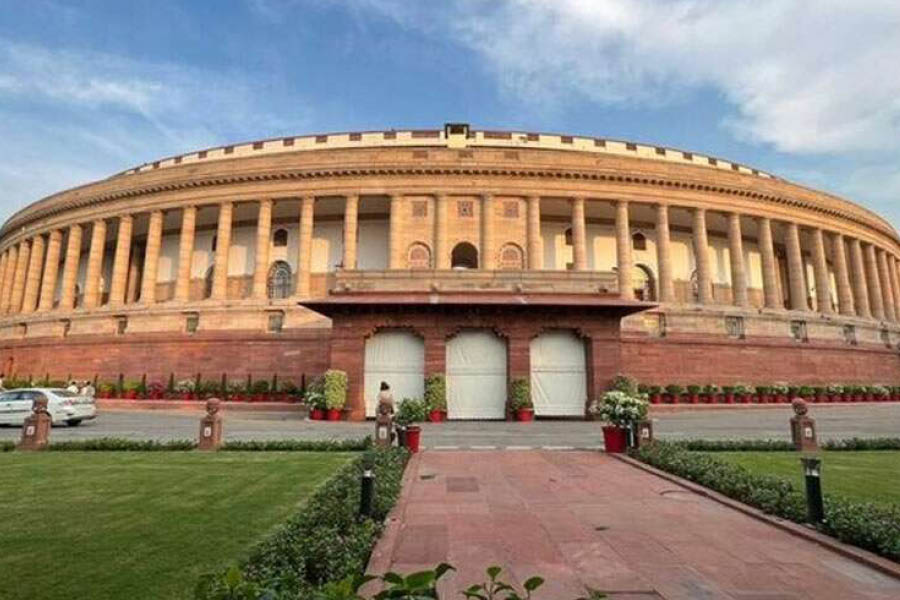
No matter the short-term impact of the IPL, the Lok Sabha elections remain incomparable in their influence on the average India’s long-term future TT Archives
The final factor that might settle the debate is impact. The most subjective of all the categories under consideration, this is apparently a no-brainer. After all, how exactly can the most vital element of a democracy — the exercise of voters’ agency — matter more than a sports competition? And yet, ask yourself this — how much time do you spend every day thinking about the Lok Sabha elections as compared to the IPL? Are you better updated with IPL scores than you are with the manifestos of political parties? Have you invested more energy (and money) in DreamXI than in analysing your local MP?
At one level, these may seem facile questions. The IPL is built to engage and entertain, whereas the Lok Sabha elections are about governance and development. However, when you return home from work and start munching on your couch, everything becomes about content. Both the IPL and the Lok Sabha elections are about seizing your attention span and persuading you to make a choice. As you select your colours and back your favourites, you do the most Indian thing imaginable — pick from a diverse assortment of alternatives. In doing so, the IPL probably affects you more in the short term through jubilation or despair, depending on how your chosen team and players perform. But, in the long term, whether you are impassioned or indifferent about the Lok Sabha elections, cricket is no match for politics. The outcome of the Lok Sabha elections may not affect your mood in office, but it can and does affect you in ways that are much more systemic and sustained. Which is another way of saying that the Lok Sabha elections prevail in the last clash to draw level with the IPL in our uniquely Indian test.
Over the next few weeks, as India crowns its next IPL champion and welcomes its next government, you can conclusively break the tie in your own head. But irrespective of whoever wins or loses, the IPL and the Lok Sabha elections coinciding for the fourth time is a moment of pride for a country that was once deemed to be incapable of cricket as well as self-governance (by the very nation that gave us both). There are, of course, those who remain strong critics of the IPL as well as Indian politics. As valid as some of those criticisms may be, they do not take away from the fact that the simultaneous progression of two of the most fascinating events known to humankind is a testament to the Indian success story.

